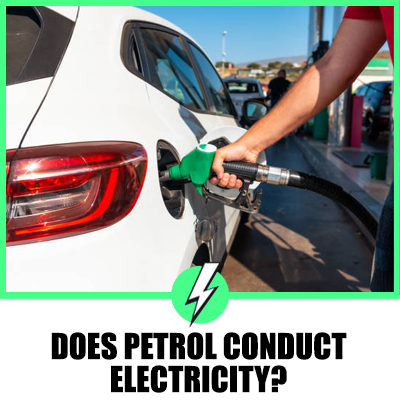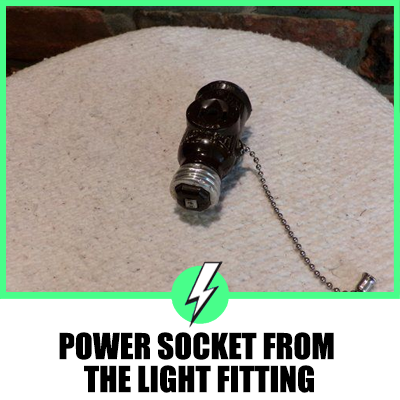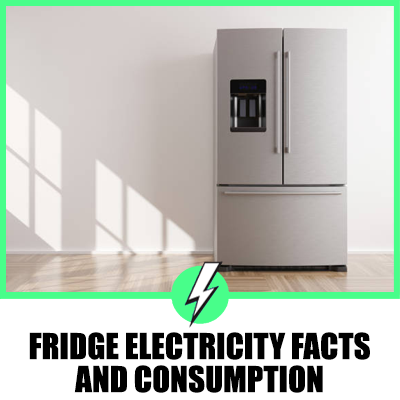Does Petrol Conduct Electricity? A Comprehensive Analysis
Petrol, known as gasoline in the United States, is a complex mixture of hydrocarbons primarily used as fuel in internal combustion engines.
Its properties and applications are of interest to many, particularly those in the automotive and energy sectors.
One question that often arises is whether petrol can conduct electricity.
This article will delve into this topic, exploring the electrical conductivity of petrol and other related substances such as diesel, oil, and ethanol.

Contents
Does Petrol Conduct Electricity?
Petrol, or gasoline as it’s called in the US, is generally considered a poor conductor of electricity.
It lacks free electrons, which are necessary for the conduction of electricity.
In fact, petrol is often used as an insulator in certain applications due to its poor conductivity.
This property is crucial in its use in internal combustion engines, where any electrical conductivity could potentially lead to dangerous situations.
Does Diesel Conduct Electricity?
Similar to petrol, diesel is also a poor conductor of electricity.
Diesel, like petrol, is composed of hydrocarbons that lack the free electrons necessary for electrical conduction.
This property makes diesel safe to use in various applications, including in diesel engines and heating systems.
Does Electricity Flow Through Gasoline?
Gasoline, another term for petrol, does not allow electricity to flow through it effectively.
As mentioned earlier, gasoline lacks free electrons, making it a poor conductor of electricity.
This property is crucial for safety reasons, as the presence of electricity in gasoline could lead to fires or explosions.
Does Oil Conduct Electricity?
Oil, like petrol and diesel, is a poor conductor of electricity.
This is because oil is composed of long-chain hydrocarbons that lack free electrons.
This property of oil is utilized in various applications, including in transformers where oil is used as an insulator to prevent electrical discharges.
Does Ethanol Conduct Electricity?
Ethanol, also known as ethyl alcohol, is a liquid that is often mixed with petrol to create a more environmentally friendly fuel.
According to a study on ResearchGate, the electrical conductivity of gasoline increases marginally with ethanol concentrations up to 20%.
However, even with this increase, the conductivity is still relatively low.
For instance, E15 (a blend of 15% ethanol and 85% gasoline) is 10 times more conductive than E10 (a blend of 10% ethanol and 90% gasoline), but this is still considered low conductivity.
Insights from Online Discussions
Online discussions on platforms like Quora, PistonHeads, YouTube, ThirdGen, EduRev, All About Circuits, and ResearchGate provide valuable insights into this topic.
Many users agree that petrol, diesel, and oil are poor conductors of electricity.
However, some users pointed out that while these substances are poor conductors, they can become conductive under certain conditions.
For example, if petrol or diesel is contaminated with conductive substances, it can become more conductive.
Similarly, the presence of water in petrol or diesel can also increase its conductivity.
Implications for the UK and US Audience
For both the UK and US audience, understanding the electrical properties of petrol, diesel, and ethanol is crucial.
In both countries, these substances are widely used in transportation and other industries.
The fact that they are poor conductors of electricity is important for safety reasons.
For instance, in the automotive industry, the electrical systems are designed with the understanding that petrol and diesel are poor conductors.
This prevents electrical shorts and other issues that could potentially lead to fires or other dangerous situations.
Furthermore, the increasing use of ethanol-blended fuels in both the UK and the US makes understanding the electrical properties of ethanol important.
As mentioned earlier, ethanol can increase the electrical conductivity of petrol, although the conductivity is still relatively low.
This could have implications for the design and safety of engines and other systems that use ethanol-blended fuels.
Conclusion
In conclusion, petrol, diesel, oil, and ethanol are generally poor conductors of electricity.
However, the conductivity can increase under certain conditions, such as when these substances are mixed with water or other conductive substances.
This property is crucial for the safe use of these substances in various applications, including in internal combustion engines.
As we continue to use and understand these substances, it’s important to keep in mind their properties and the implications of these properties on their use and safety.





